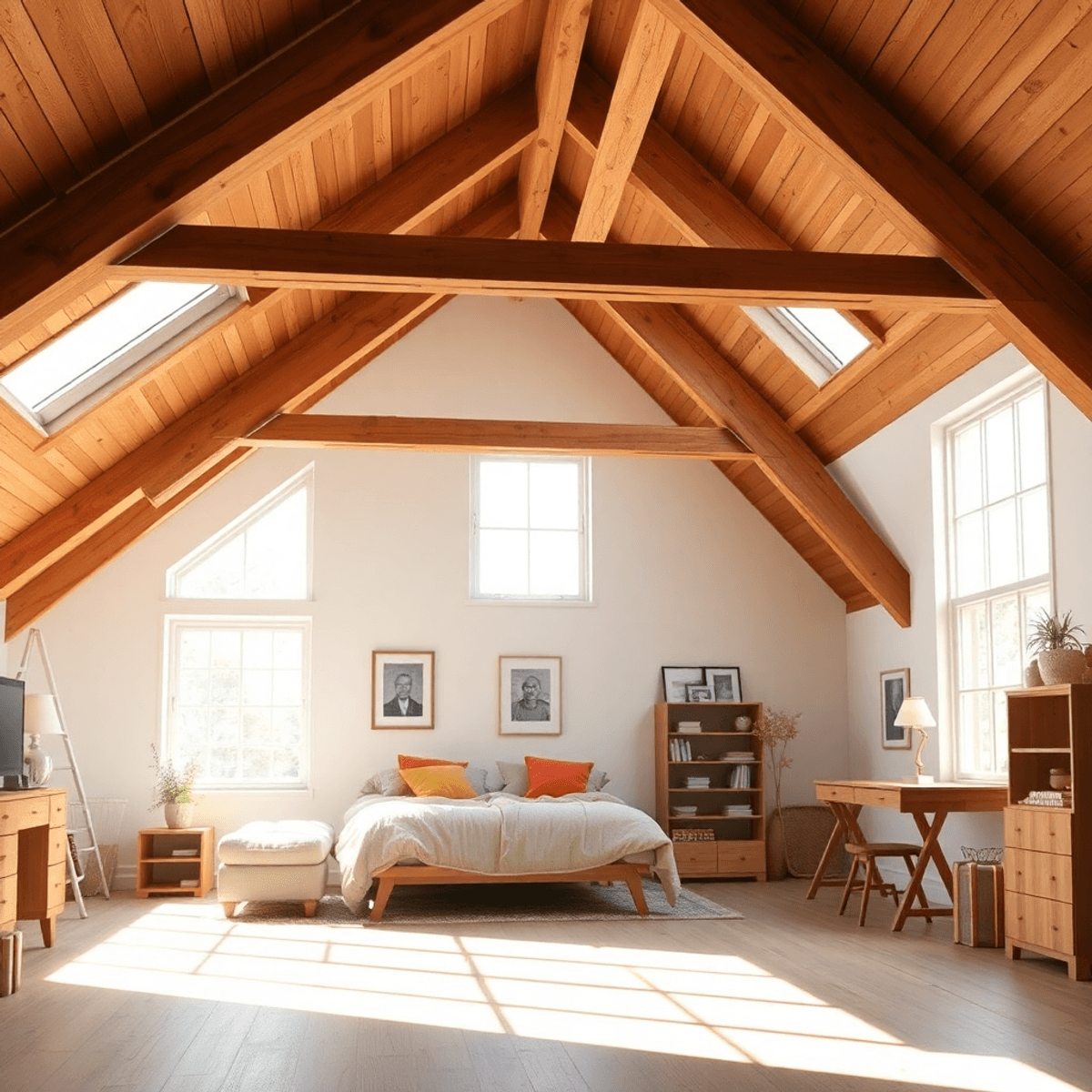Navigating Illinois Remodeling Permits and Building Codes
Breathtaking design for home living.
Everything Illinois homeowners need to know about securing permits, understanding building codes, and staying compliant during your renovation or remodel.
Nam aliquet ante porta, gravida elit interdum, luctus porta sapien justo, at fringilla felis suscipit vestibulum.
Navigating Illinois Remodeling Permits and Building Codes
Remodeling your home in Illinois doesn’t just require a vision and a budget — it also demands proper permits and code compliance. Whether you’re adding a new room, renovating a bathroom, replacing electrical systems, or finishing a basement, understanding state and local permitting processes is essential to avoiding delays, fines, or even forced demolition.
This authoritative homeowner resource explains the ins and outs of remodeling permits and building codes in Illinois — what projects require them, where to apply, how inspections work, and how to stay compliant in different municipalities. We’ll also highlight regional variations across Chicago, the suburbs, and downstate Illinois.
Stay informed, protect your investment, and complete your remodel with confidence using this essential guide from the Illinois Remodeling & Development Network.
Table of Contents
Why Permits and Codes Matter
Projects That Require Permits in Illinois
Understanding Illinois Building Codes
Where and How to Apply for Permits
Regional Variations in Illinois
Common Inspection Requirements
Tips to Avoid Permit Problems
Internal Resources from IllinoisRDN
External Links and Regulatory Agencies
Illinois County Building Department Directory
1. Why Permits and Codes Matter
Permits and building codes ensure that home renovations meet safety standards and local regulations. They protect:
Structural integrity
Fire safety and electrical safety
Plumbing and mechanical system compliance
Property values and insurance eligibility
Failing to secure proper permits can result in stop-work orders, costly rework, or problems during resale.
2. Projects That Require Permits in Illinois
Permit requirements vary by municipality, but here are common projects that almost always require a permit:
Structural changes (additions, removing load-bearing walls)
Electrical upgrades or rewiring
Plumbing relocation or system changes
HVAC installation or ductwork modification
Roofing and siding (in many cities)
New decks, porches, garages
Basement finishing
Projects like painting, flooring replacement, or simple cabinet updates usually don’t require permits — but always confirm with your local building department.
3. Understanding Illinois Building Codes
Illinois does not enforce a statewide residential code. Instead, municipalities adopt their own versions of model codes such as:
International Residential Code (IRC)
International Building Code (IBC)
National Electrical Code (NEC)
Illinois Plumbing Code (state-mandated)
You must check with your city or county to see which codes apply. For example:
Chicago follows its own modified Chicago Building Code.
Naperville and Springfield follow IRC with amendments.
4. Where and How to Apply for Permits
Most cities and counties in Illinois have a Building Department or Code Enforcement Office where you can:
Submit permit applications (in-person or online)
Upload plans and contractor information
Schedule inspections
What You’ll Need:
A site plan or blueprint
Contractor license and insurance info
Project scope description
Fee payment
Check the city’s website or call for forms. Many now use portals like CityView or eTRAKiT to manage applications.
5. Regional Variations in Illinois
Chicago & Cook County
Chicago requires permits for nearly all work — even fencing or siding.
Electrical and plumbing must be done by licensed professionals.
Northern Suburbs (e.g., Evanston, Oak Park)
Permit review timelines can range from 1–4 weeks
Many municipalities publish local “Homeowner Project Guidelines”
Central Illinois (e.g., Bloomington, Peoria)
More flexible permit rules for minor projects
Some areas offer same-day permits for decks, sheds, or HVAC units
Southern Illinois (e.g., Carbondale, Marion)
Some counties rely on minimal code enforcement
Cities like Carbondale follow IBC and may waive minor permits for cosmetic work
6. Common Inspection Requirements
Inspections ensure your project follows the approved plans and codes. Typical inspection stages include:
Pre-construction (site preparation)
Foundation/footing
Framing
Rough-in (plumbing/electrical/HVAC)
Insulation
Final walkthrough
Missing inspections or failing one can delay your project. Keep your inspection schedule accessible and communicate with your inspector.
7. Tips to Avoid Permit Problems
Always confirm if a permit is needed — even for “minor” work
Don’t assume your contractor pulled the permit — verify it
Post your permit visibly on-site
Schedule inspections early to avoid long wait times
Work with licensed contractors who are familiar with local codes
For contractor vetting help, read our How to Hire a Contractor in Illinois guide.
8. Internal Resources from IllinoisRDN
9. External Links and Regulatory Agencies
10. Illinois County Building Department Directory
Rather than searching county-by-county, we’ve created a centralized statewide resource. View the complete directory of county building departments in Illinois, including contact numbers and official links, on our dedicated page:
👉 View the Illinois Local Building Department Directory
This centralized resource helps you find your local permitting authority quickly and easily, saving you time and ensuring you stay compliant with the correct building regulations.
Final Thoughts
Navigating the permit process and understanding building codes in Illinois is a crucial part of remodeling responsibly. By doing your due diligence, working with professionals, and staying informed, you’ll avoid delays and protect your home’s value.
Need guidance or contractor referrals for your next project? Contact IllinoisRDN for expert help and local resources.




